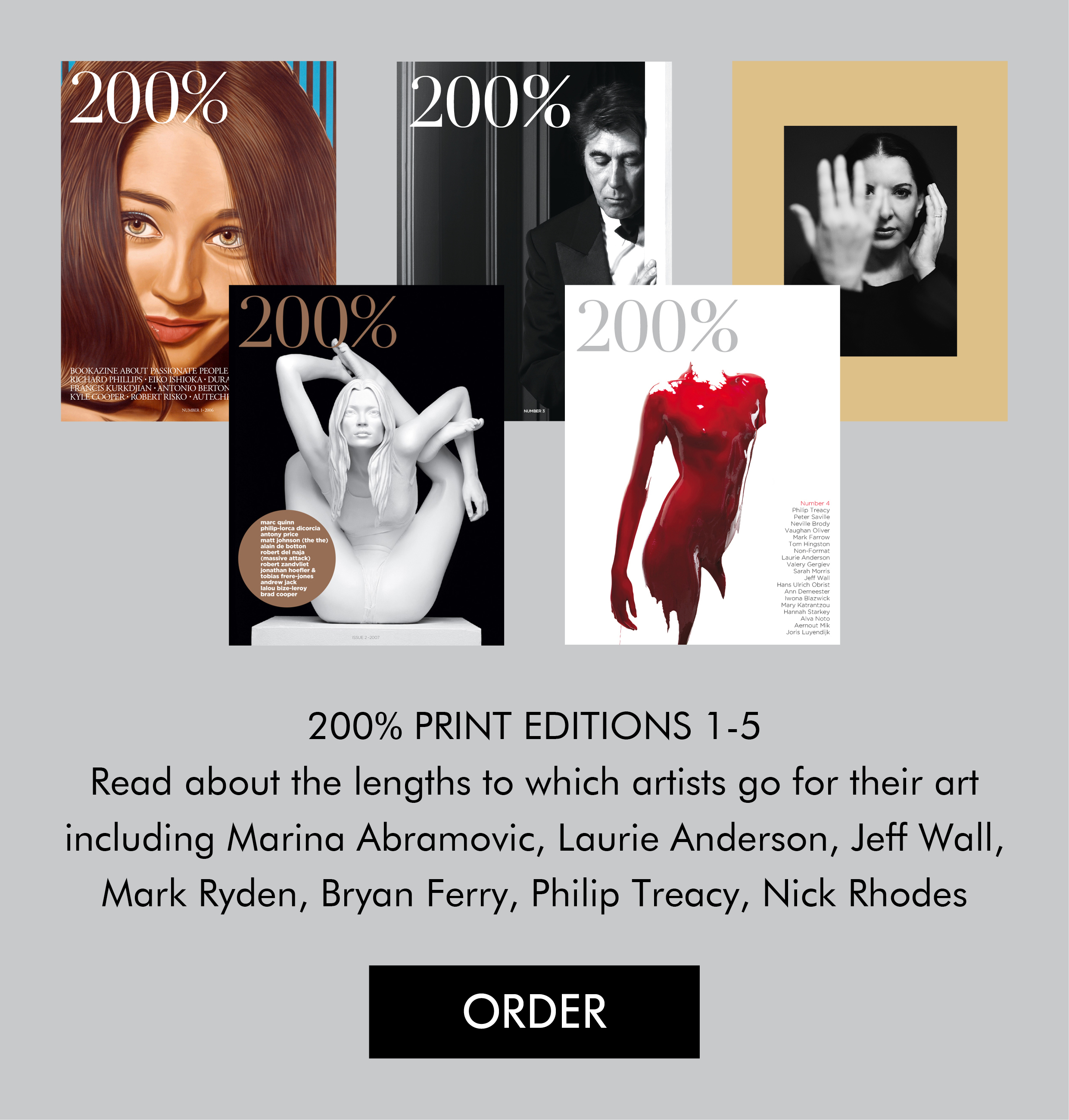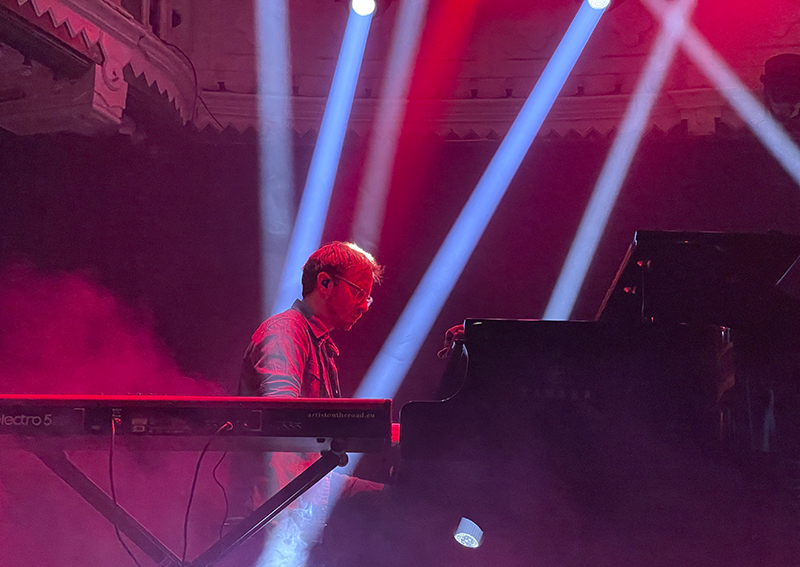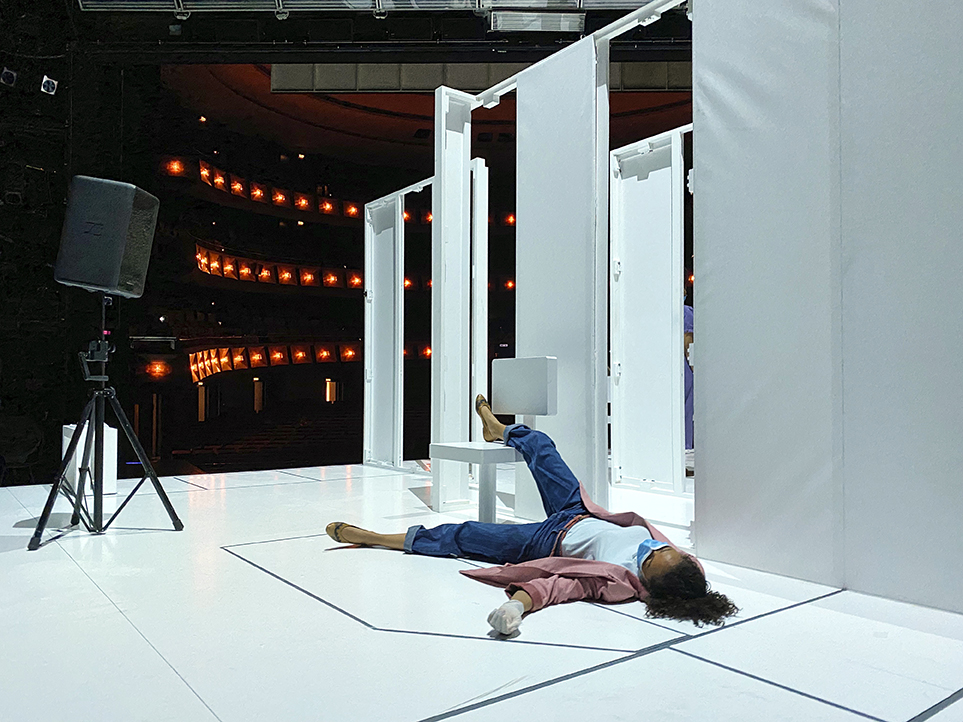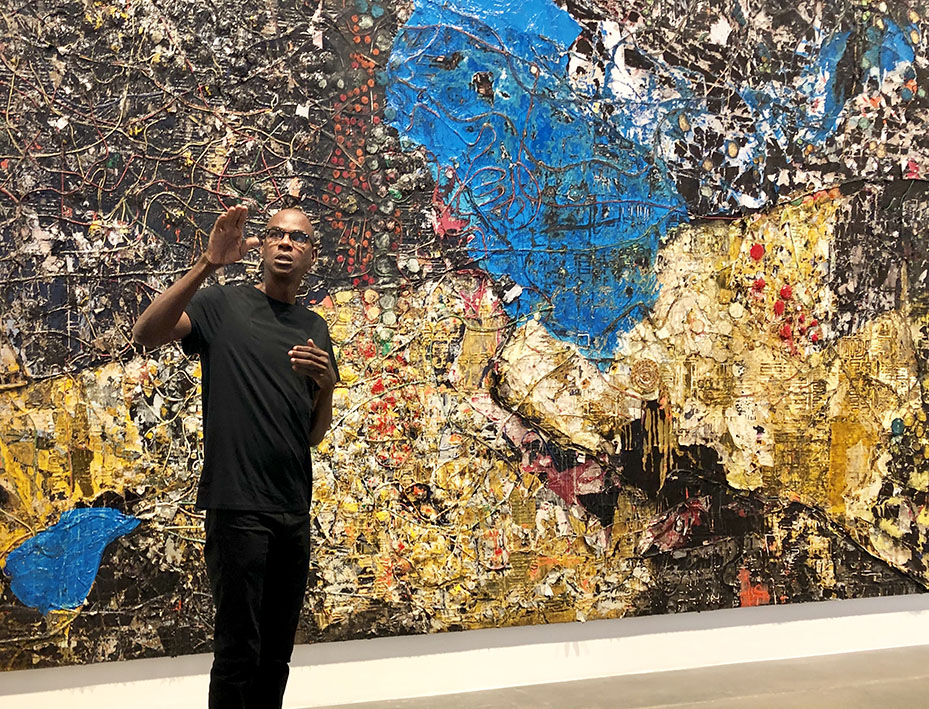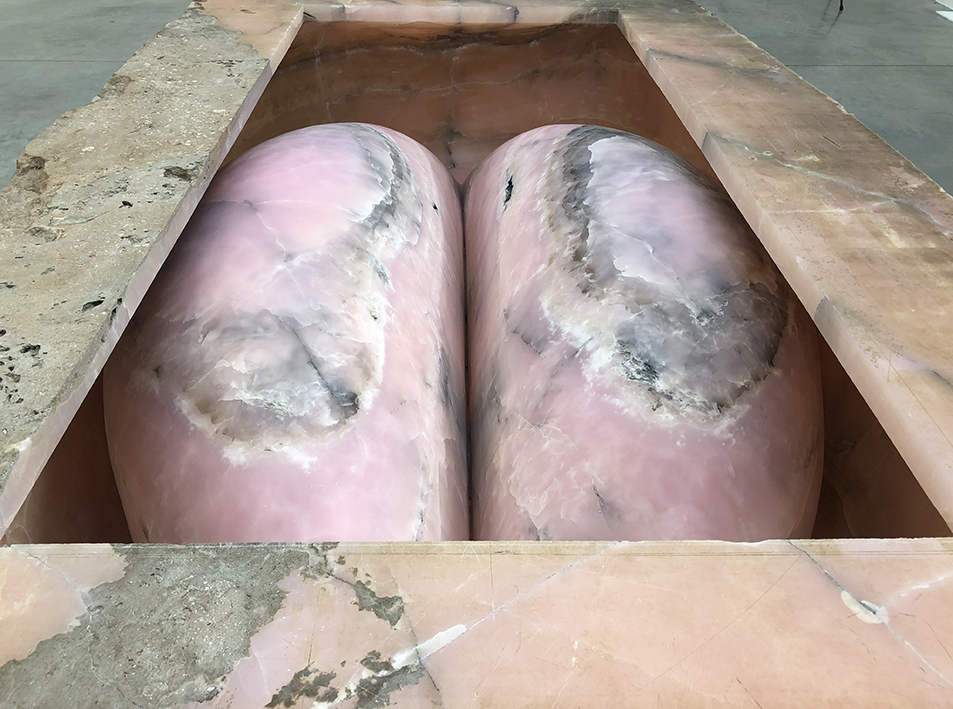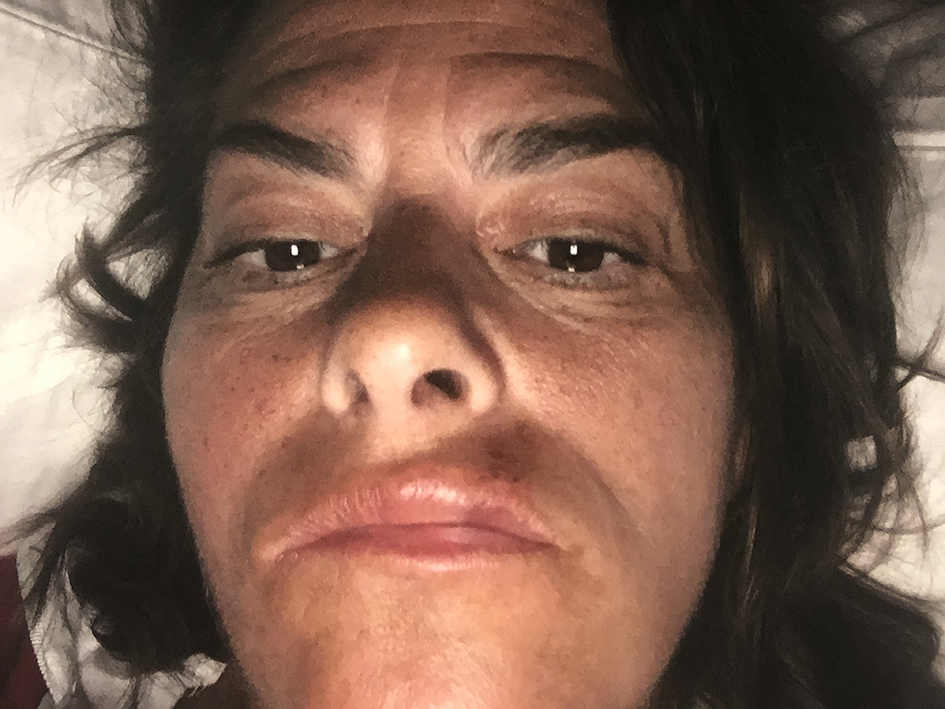
Music Interview with Chris Illingworth – GoGo Penguin (Part 2)
In the second part of our interview with Chris, we delve into his innovative composition techniques, his use of computers, and his delightful melodic sensibilities. "My classical music training has equipped me with the skills and techniques required to translate various music styles into piano arrangements and seamlessly integrate them into our music."
200%: You are very innovative in creating new sounds from the piano. For the track ‘Wave Decay’, you used a Palm Mute Pedal. Could you tell us more about this device?
Chris Illingworh: It was developed by Danish inventor Otto Sammy. It is designed to mute the strings of a grand piano that is equipped with a damper system. When you press down an additional fourth pedal with your foot, the mechanism, equipped with cushions, pushes the strings down to mute them resulting in a unique and delightful new sound from the piano. But it is still in the prototype stage and therefore very difficult to tour as it only works on specific pianos.
200%: Did you use it on your latest album?
CI: We didn’t use it, but some of the tracks were inspired by that pedal in terms of preparing the piano. With the piano’s sound, we explored combinations of muted elements and electronic additions on top of that. We became intrigued by the notion of pushing the boundaries of what was possible while maintaining the essence of the piano’s sound, treating it in ways that I don’t think anybody else has done before. It was great to have that pedal as a starting point.
200%: Another innovative sound you produce from your piano is on the track ‘Kora’, where you place one hand on the front end of the strings.
CI: Yes, the Kora is a stringed instrument from West Africa that really fascinated me. I wanted to experiment with some of the patterns and attempt to make the piano sound somewhat like that instrument. We could have used a keyboard with a sampled kora sound, but we found it more interesting to explore what we could achieve using just the piano, bass, and drums, striving to create those sounds with these instruments first. We aim to avoid making it sound artificial.
 200%: You employ computer technology to compose your music, and then you find ways to record and perform the results on acoustic instruments. Could you explain the benefits of starting to compose on computers?
200%: You employ computer technology to compose your music, and then you find ways to record and perform the results on acoustic instruments. Could you explain the benefits of starting to compose on computers?
CI: For me personally, the biggest benefit of using computers is that it allows me to enter a different creative headspace than I would be in when working directly on the piano. We don’t exclusively rely on one composition technique, but we use whatever method we believe is best suited for the music we’re creating. We incorporate electronics into the process, whether it’s programming a rhythm on a drum machine using production software like Ableton or Logic.
As a pianist, using computers allows me to explore musical ideas that might be physically too complex for me to play initially. By recording them electronically, I can hear how they sound and determine if they work.
An example of this is ‘The Antidote is in the Poison’. The working title for that piece was actually ‘Grime Fugue’. I drew inspiration from UK Grime drum beats and my practice of some Bach fugues at the time. I took elements from these different genres to see what happens when you combine them, meeting somewhere in the middle. I used Logic Pro to manipulate and experiment with these elements, sliding them around to see how they could fit together in different forms and what they sounded like. Eventually, we arrived at a version that sounded cool, and then came the challenging task of learning how to play it on the piano.
200%: Are fast-paced songs like ‘Kora’ and ‘One Percent’, physically challenging for you to perform live on the piano?CI: The speed is not an issue. The difficulty lies in the fact that these songs have several components that might sound quite simple on the surface, but they involve a lot of layers and complexity. For example, my left hand may be playing harmonies, my right hand is providing a rhythmic element, and I play melodies on top of all of these. This draws from my classical background, where I learned to voice multiple parts with various layers on the piano. We wanted to maximize the potential of the piano as a beautiful instrument capable of such complexity. However, it also makes these songs challenging to perform live.
200%: Has your classical background influenced your melodic sensibilities?
CI: I believe so. When I began playing the piano at eight years old, I was exposed to a wide range of music and styles. My mother was getting me into bands like Led Zeppelin, Deep Purple, and Jethro Tull. Teachers and friends introduced me to Jazz and music that I grew to love, such as Underworld, Prodigy, Nine Inch Nails, and Massive Attack. All of these musical influences have had a huge impact on me. My classical music training provided me with the skills and techniques necessary to translate these diverse styles into piano arrangements and incorporate them into our music.
200%: Your piano melodies are beautiful and might suggest a laid-back and low-key backing from bass and drums. However, it’s actually the opposite. The drummer provides a muscular, scattergun percussion pattern with a driving pulse, and the bassline is sometimes very groovy. What led to the decision to go in the opposite direction?
CI: It’s just the way we found things fitting together. The simplicity of the melodies allows them to sit over something more complex. The underlying complexity gives us the chance to convey various and strong emotions in the music. When we discuss ideas, a lot of the conversation revolves around how a song should evoke a particular emotion. Take our song ‘Murmuration’. The melodies and chords are simple, but the rhythmic elements are complex. It evokes a feeling of anxiety and nervousness building up to a climax, which gives the song its drive, tension, and a release of energy.
During our writing process, we often find ourselves removing elements rather than adding them. This occurs when we realize that a composition has become too complex, losing its intended meaning or failing to express what we want to convey. It’s funny; I hadn’t consciously thought about this before, but I appreciate your questions as they allow me to reflect on our creative process. When we were writing the songs, it just felt very natural, and we let the process unfold and run with it.
Interview written and conducted by Thierry Somers

